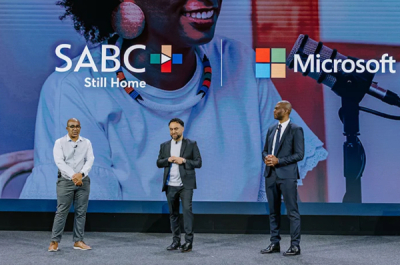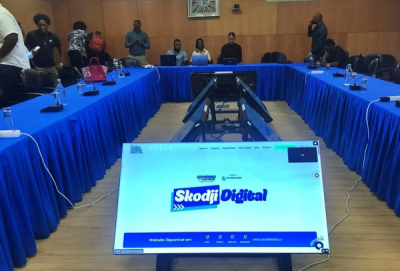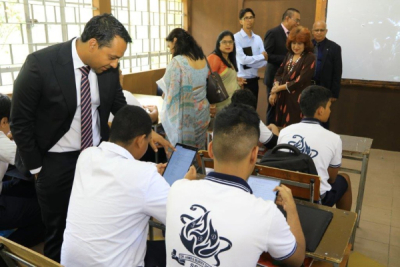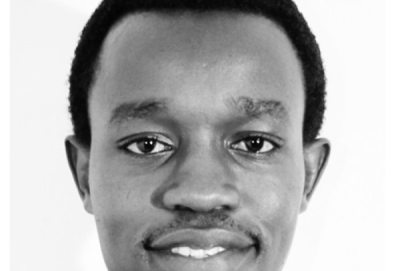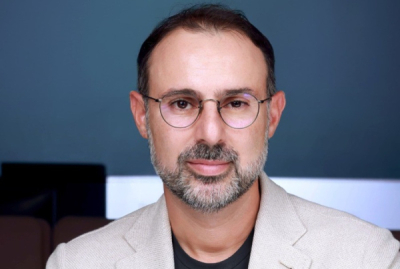Faced with a shortage of doctors and the isolation of African villages, telemedicine is opening a new path. Using digital technology, local startups are developing solutions to bring medical care closer to rural populations that have long been left behind.
In sub-Saharan Africa, about 57% of the population—nearly 700 million people—lives in rural areas. In some countries like Burundi, this proportion exceeds 85%. These isolated regions often face a shortage of health infrastructure, a lack of qualified professionals, and limited access to specialized care. According to the World Health Organization (WHO), the region is expected to have a shortage of 6.1 million healthcare workers by 2030, a 45% increase from 2013. This scarcity leads to preventable deaths, delayed diagnoses, and increased pressure on urban hospitals.
Startups Innovate to Bridge the Gap
Telemedicine, which includes remote consultations, monitoring, and expert support, uses technology to provide care from a distance. It helps overcome geographical and logistical barriers, offering a practical solution for communities far from health centers.
Several African startups are emerging in this field. In Kenya, Ilara Health provides affordable diagnostic tools to rural clinics, enabling doctors to perform high-quality examinations without extensive infrastructure. A similar approach is being developed in Cameroon by Waspito, which connects patients and practitioners via a mobile app, offering video consultations, medication delivery, and access to lab tests.
In remote villages in Chad, Telemedan is installing solar-powered telemedicine kiosks, ensuring consultations are accessible even where infrastructure is lacking. In Ghana, Diagnosify uses artificial intelligence for the early detection of skin diseases, directing patients to dermatologists and extending access to specialized care in the most isolated areas.
Governments are also beginning to incorporate e-health into their public policies, often with support from partners like the World Bank and the WHO. The digitization of medical records, official teleconsultation platforms, and online training for health workers are supplementing local initiatives to strengthen healthcare systems sustainably.
Challenges of Telemedicine in Rural Africa
Telemedicine in Africa's "medical deserts" faces several obstacles. Connectivity remains a significant issue in many areas. In 2024, only 23% of people in rural Africa used the internet, compared to 57% in urban areas, according to the International Telecommunication Union. In addition to this digital divide, challenges include a lack of training for healthcare professionals and patients, the persistence of traditional beliefs that hinder technology adoption, and the absence of strong frameworks to protect medical data.
Despite these difficulties, the potential is enormous. Telemedicine offers an opportunity to redesign healthcare, relieving pressure on urban hospitals and bringing medical services closer to remote areas. It could help reduce health inequalities by guaranteeing every patient, regardless of their location, access to quality medical care. Investing in these e-health startups is a crucial lever. These young companies, with their local focus, are designing solutions tailored to on-the-ground realities: apps for basic phones, solar-powered kiosks, and platforms in local languages. By filling the gaps left by traditional structures, they are shortening the distance between practitioners and patients and providing a vital lifeline for the most isolated populations.
Samira Njoya




